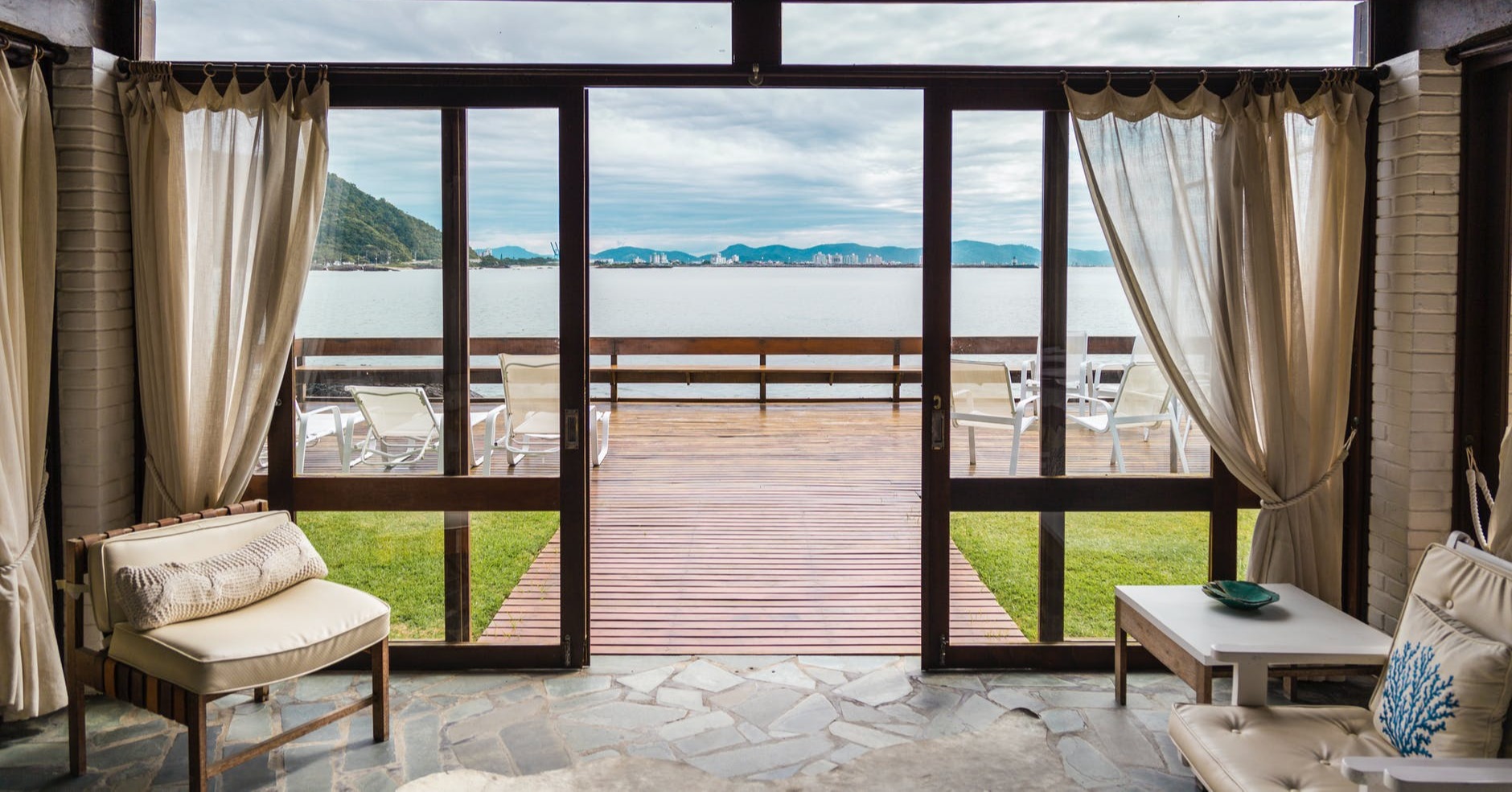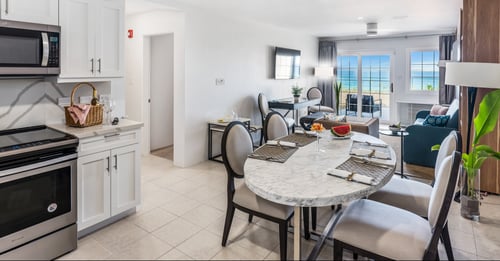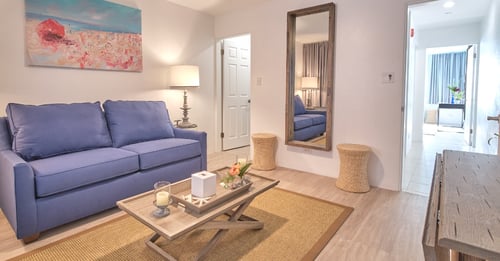Fractional ownership is a pricing model that allows the ownership of high-value assets to be shared risk among stakeholders. This has the effect of creating lower entry cost for prospective buyers.
Should you consider fractional for your vacation home and what other options are available for getting a foothold in real estate?
Fractional Ownership
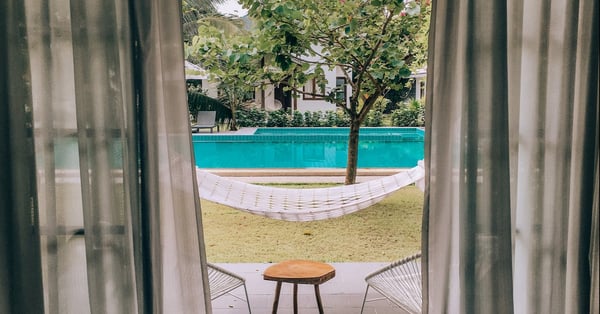
Fractional ownership itself isn’t new and it does have some advantages. It’s been a more affordable way to “own” a high-value asset for some time. Yachts, aircraft and vacation homes with upscale amenities are just a few assets that have benefited from fractional ownership, helping several parties mitigate the risk of these expensive purchases.
Many times, prospective buyers are apprehensive about sharing the “ownership” of a property with others they don’t know very well. Although it sounds similar to a timeshare, fractional ownership has one fundamental difference from the timeshare model.
In a timeshare, the buyer purchases a “right to use” a property for a set amount of time each year (e.g. a week) for a certain period (e.g. 50 years), after which their right to use expires. The developer continues to own the property.
Fractional ownership in real estate can also be bought on a “right to use” basis as with timeshare, but in some programs you can also buy a minority shareholding (sometimes called a deeded shared interest, or equity) in a company that owns the title to the property. The easiest way to tell them apart? Fractional is buying equity whereas timeshare is buying usage rights.
Fractional ownership also means sharing the burden of homeownership. You essentially have a group that shares accountability, maintenance, checks on the condo and shares the cost of repairs and maintenance work that would otherwise be left to one single owner.
With fractional ownership you buy a fraction of any given year. For example from a 12th (of a year) fraction up to a 6th. This allows fractional owners to occupy - or rent out - their condos each year for between 28 nights (for a 12th fraction) and 56 nights (for a 6th fraction).
With 28 to 56 days of usage each year, your unused days are available for rental but are limited to weekly rentals only (e.g a Saturday changeover would mean Saturday to Saturday). It’s also important to note that you’re not always entitled to an Assessment Number, so you wouldn’t be able to purchase a vehicle in your vacation location.
In traditional fractional ownership, selling isn’t as straightforward as whole ownership. It’s challenging in some markets to find a real estate agent who will sell a fractional ownership and in others - near impossible. So sales are typically carried out by the resort or the individual owner, with varying degrees of success.
Timeshares

The term timeshare was coined in the early '60s as an affordable and attractive way for families to spend time in a vacation hotspot. It makes buying an expensive property more affordable and was a popular choice for decades.
Although they were once great for avid vacationers, they’re a little outdated in today’s modern real estate world. However, there are three types of timeshares you could consider:
- Fixed week: The buyer usually owns a right to use a specific unit in the same week - every single year - for as long as the contract stipulates. There’s predictability, but also little flexibility if you want to experience a vacation at different times of the year.
- Floating: The buyer can reserve their own time during a given period of the year. This option has more freedom, but getting the exact time you want may be difficult when other timesharers are fighting for prime time too.
- Points Club: This is similar to the floating timeshare, but rather than buyers having a specific week at a chosen resort, they buy points which convert into different amounts of time that can be spent in a portfolio of different resorts around the world. The points bought are used as currency in exchange for time slots at the property of the buyer’s choice. Reservations are on a first-come-first-served basis.
Although you don’t have to worry about year-round maintenance, you will have to pay an annual fee to cover it whether you spend time at the property or not. If you neglect to pay this, the developer can foreclose on your timeshare.
The biggest drawback to timeshares is that reselling is notoriously difficult, with steep discounts needed to shift your share. If you manage to sell at a loss, you won’t be able to claim a capital loss as you would with other investments. Timeshares are a lifestyle purchase and might not be suitable for those looking for a slice of real estate.
Whole Ownership

This is the pricing model you are probably most familiar with. Here you buy the deeded title of a property i.e. ownership. And you buy the whole property not shares in a company that owns it, a fraction of it, or a right to use it.
Since real estate traditionally appreciates over time, you’ll have significantly less resistance when it comes to reselling your property. You have the advantage of certain property ownership tax breaks. So purchasing a vacation home can be justified, not only as a recreational expense for vacations, but also as a potential investment.
You will more than likely choose to buy a condo in a vacation area you go back to year after year. You save the money you would have spent on hotel rooms or renting. You get to go back to the same place each year, knowing its location, its quality standard, its people. It's your second home.
If you buy a single family home you will be responsible for all repairs and maintenance, the management of the property and, if it is going to be used as a vacation home, the rental program. All very Do-It-Yourself.
If you buy in a condominium, apartment building or in a resort environment there will normally be a management company and, in the case of a resort, a rentals service.
Whole Ownership in a Hotel Condominium
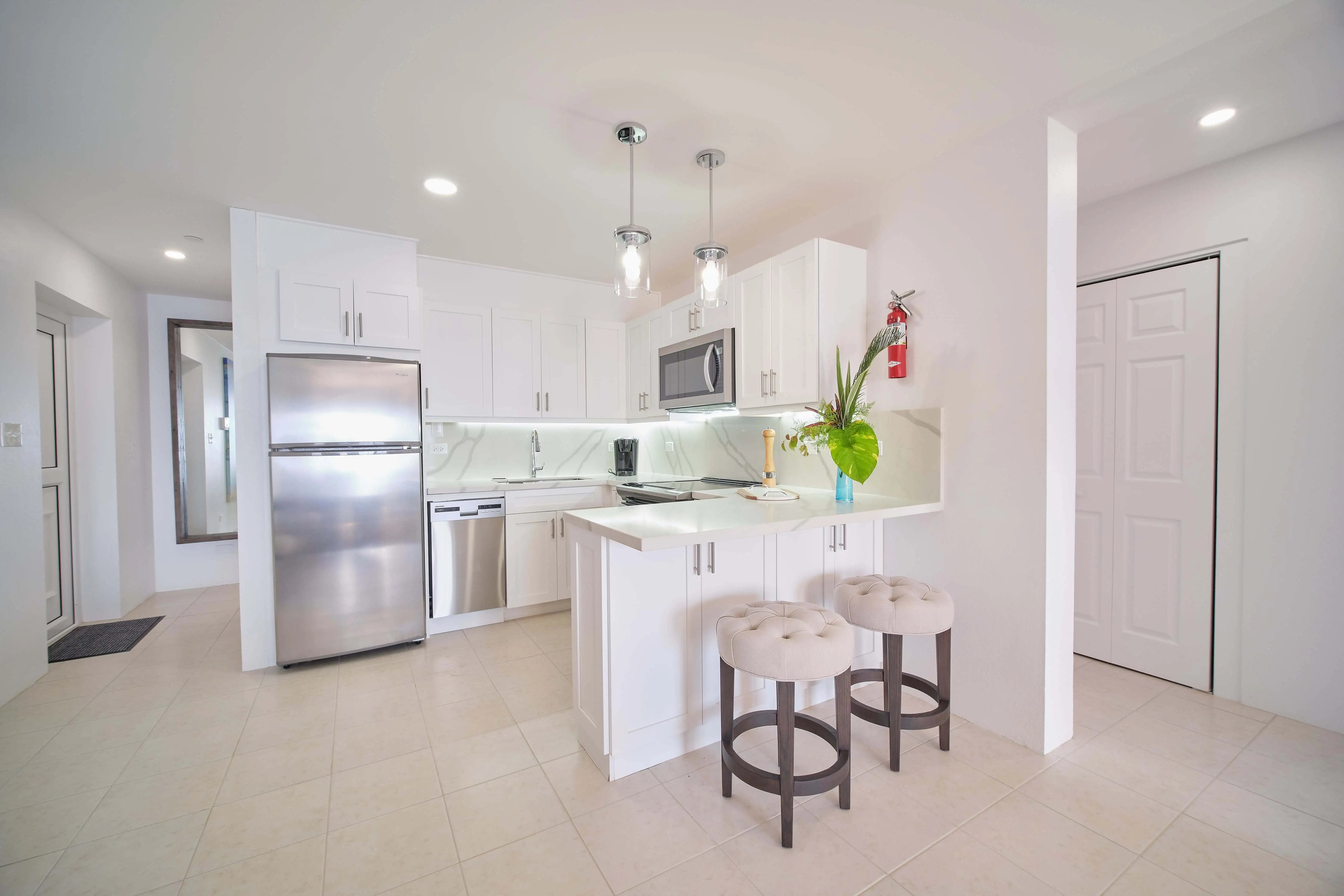
If renting out your vacation home is important to you, there’s a type of whole ownership that might well be of interest. And that's the hotel condominium model.
Hotel condominium resorts carry out all repairs and maintenance and property management for you as under the whole ownership model above. The big difference is the rental service.
Hotel condominiums are normally affiliated with big hotel brands, like Hilton or Marriott. These brands take charge of renting out your property for you when you’re not in residence.
That makes vacation home ownership even easier. For that reason, hotel condominiums have become popular for offering hassle-free vacation home ownership. It’s a case of: turn up/put your feet up.
So to summarise the different pricing models:
- Fractional Ownership - either buying a “right to use” someone else’s property, or buying a deeded minority shareholding in a company that owns the property title
- Timeshare - buying a “right to use” someone else’s property
- Whole Ownership - buying the deeded title of a property yourself - you own 100% of the property
- Whole Ownership in a Hotel Condominium - buying the deeded title of a property yourself - you own 100% of a property that has a sophisticated rental program through a major hotel brand
There are questions you will no doubt need to ask yourself before taking the plunge on buying any real estate, but you should consider whole ownership and the hotel condominium model for your next vacation home. If you want to learn more about these, we’ve got just the resource for you.
Learn More About Hotel Condominium Whole Ownership in an Enviable Location
Whole ownership in a hotel condominium is a great way to own property in a spectacular vacation destination. There are so many advantages, that’s why we’ve created a visual guide for everything you need to know about owning a condo this way and how it weighs up against fractional ownership.
It makes knowing everything about hotel condominium ownership simple, from a resorts’ relationship with prestigious hospitality giants like Hilton to how they can potentially make great rental properties.


